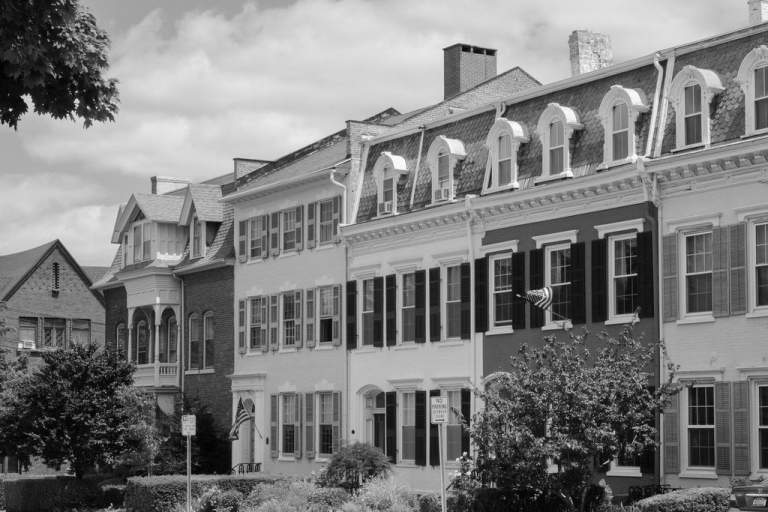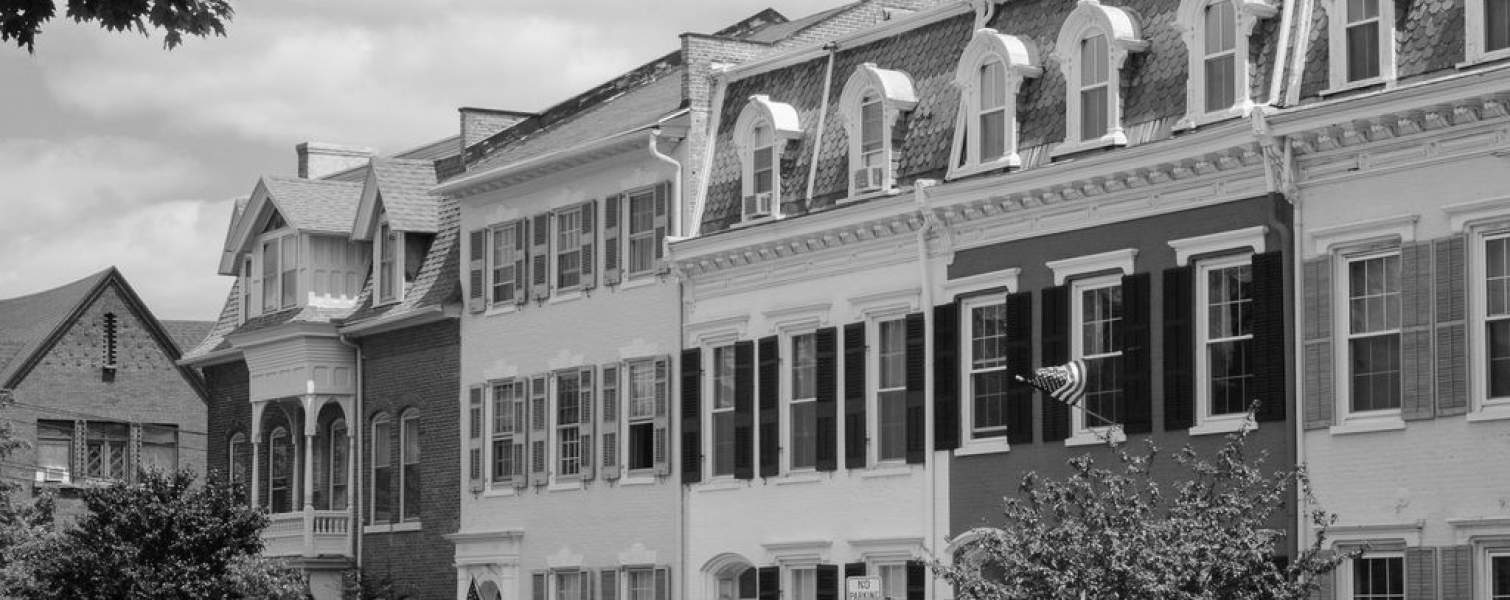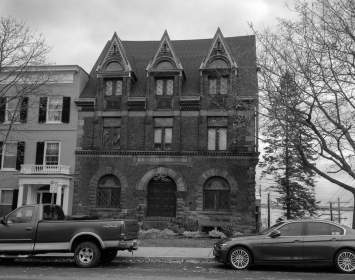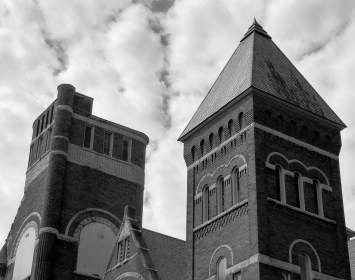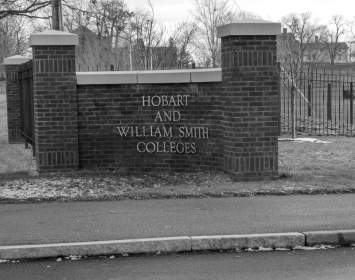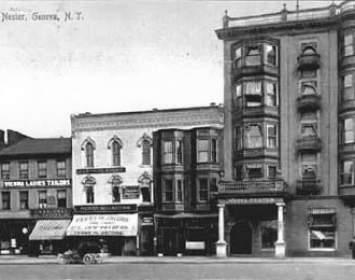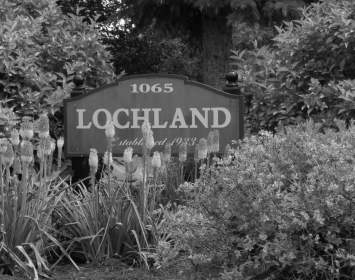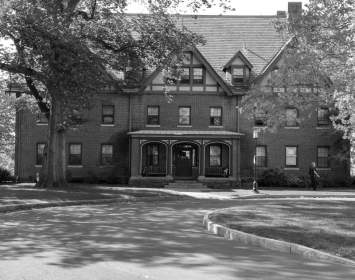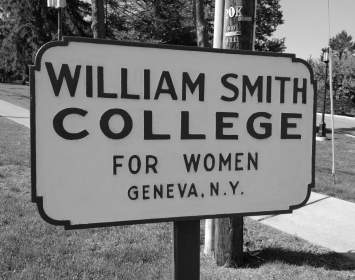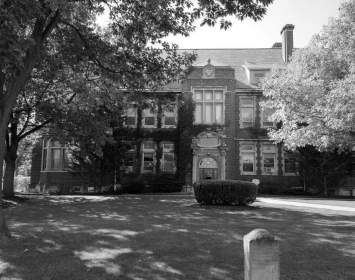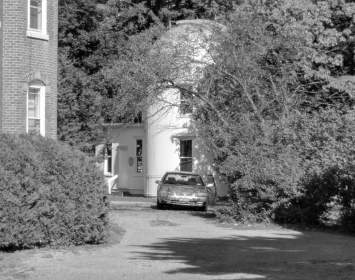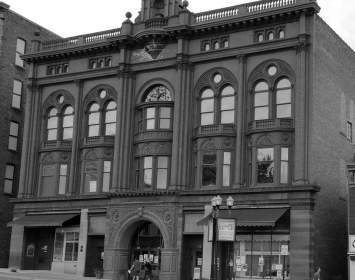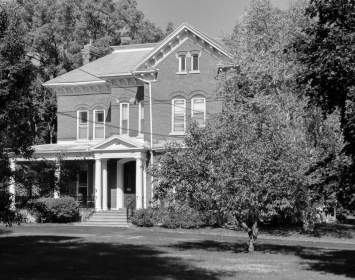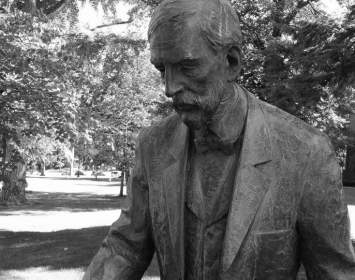Geneva (population 12,443 per 2020 Census) is a city at the northern end of Seneca Lake. Settlement began in 1792; Geneva became a village in 1806 and a city in 1897. Nineteenth-century Geneva’s economy centered on agriculture, especially the nursery business (flowers, shrubs, and trees). One of the most successful nursery firms was led by William Smith, who became an important local philanthropist. Smith, a closeted freethinker friendly toward reform activism, supported the woman's suffrage movement (see below). (In 1885 Smith also made a gift that enabled freethought orator C. B. Reynolds to purchase a large "revival tent" and go about the country "preaching" freethought. While this gift was acknowledged in the freethought press, it is unknown whether it was generally known in Geneva at the time.)
Geneva was also a center of reform activism, especially the woman's suffrage movement. (Nineteenth-century practice was to use the singular, woman's, when referring to women as a class; later practice was to use the plural, women's.) Geneva's Political Equality Club, organized by prominent local suffrage leader Elizabeth Smith Miller, was the state's largest in the early twentieth century. Miller organized notable suffrage events, including an 1897 New York State Woman Suffrage Association (NYSWSA) convention which Smith supported. A second NYSWSA convention came to Geneva in 1907. Miller also helped persuade William Smith to endow the then-revolutionary women’s college that still bears his name.
On a more obscure note, an 1888 letter from a Christian attorney in Geneva elicited what may be freethought orator Robert Green Ingersoll's fiercest condemnation of Christianity. He closed his letter of reply to Hiram L. Suydam, Esq., dated September 29, with these words: "...at least one hundred and fifty millions of human beings have been sacrificed to establish what is called the Christian religion. I am opposed to the whole business. I want to get rid of the old religions, and I want no new ones in their place."
